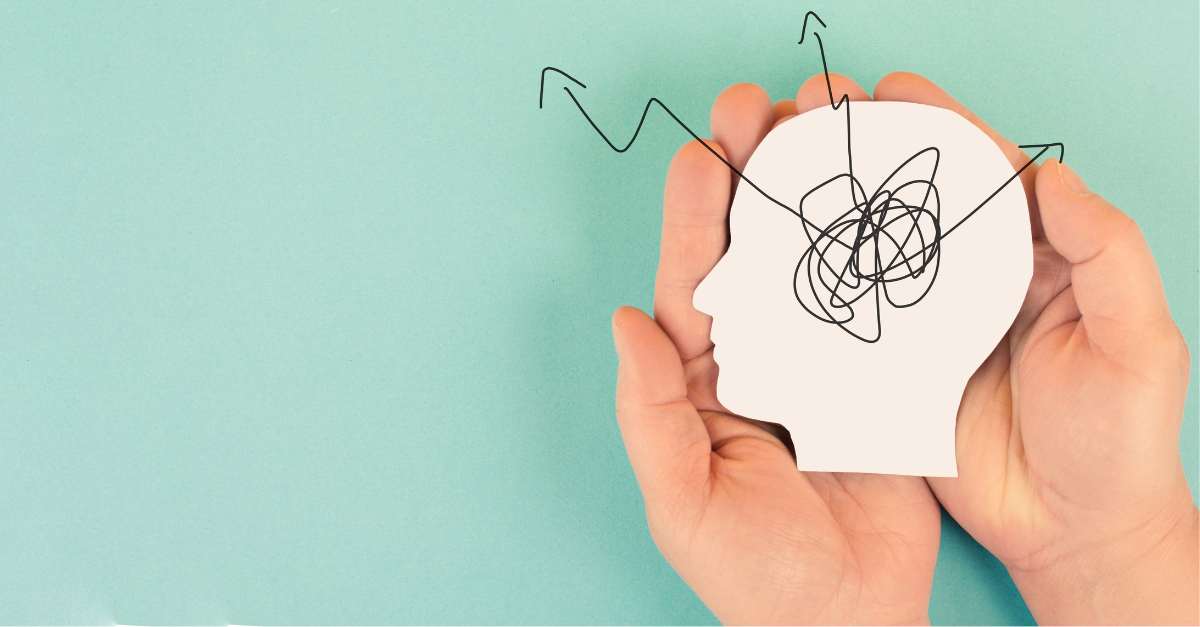The Impact of Technology on Modern Mental Health
In an era where technology permeates every aspect of our lives, its influence on mental health has become a subject of increasing scrutiny. While technological advancements offer innovative solutions for mental wellness, they also present challenges that can affect our psychological well-being.
This blog explores the multifaceted impact of technology on modern mental health, providing valuable insights for tech-savvy Millennials, mental health professionals, and wellness enthusiasts.
The Positive Influence of Technology on Mental Health
Access to Information and Support Groups
One of the most significant benefits of technology is the democratization of information. The internet provides an abundance of resources on mental health, from self-help articles and professional advice to personal blogs and forums. This wealth of information empowers individuals to recognize symptoms, seek help, and make informed decisions about their mental health.
Online support groups and communities offer a sense of belonging and understanding, particularly for those who may feel isolated. Platforms like Reddit, Facebook, and specialized forums provide safe spaces where individuals can share experiences, offer support, and build connections with others facing similar challenges.
Innovative Apps and Tools for Mental Wellness
The rise of mental health apps has revolutionized self-care and therapy. From meditation and mindfulness apps to cognitive-behavioral tools, these digital solutions make mental wellness accessible and convenient. These apps provide a range of features, including guided meditation, mood tracking, and cognitive-behavioral exercises, helping users manage stress, anxiety, and depression.
Teletherapy platforms have also gained popularity, offering professional counseling services through text, video, and audio sessions. This flexibility allows users to receive therapy from the comfort of their homes, breaking down barriers to access and reducing the stigma associated with seeking help.
The Negative Impact of Technology on Mental Health
Over-Reliance on Social Media and Its Effects
While social media can foster connections and support, it can also contribute to mental health issues. The constant exposure to curated, idealized images of others’ lives can lead to feelings of inadequacy, anxiety, and depression. The pressure to maintain a perfect online persona can also result in stress and burnout.
Moreover, social media platforms are designed to be addictive, with features like endless scrolling and notifications triggering dopamine releases that keep users engaged. This can lead to excessive use, distraction, and a diminished quality of life.
The Role of Screen Time in Sleep Disturbances and Anxiety
Excessive screen time, particularly before bed, can disrupt sleep patterns and contribute to anxiety. The blue light emitted by screens interferes with the production of melatonin, the hormone responsible for regulating sleep. This disruption can lead to insomnia, fatigue, and heightened stress levels.
Furthermore, the constant bombardment of information and notifications can create a sense of overload and urgency, contributing to anxiety and making it difficult to relax and unwind.
Finding the Balance: Strategies for Healthy Tech Use
Setting Digital Boundaries and Time Limits
To mitigate the negative effects of technology on mental health, it is essential to establish digital boundaries. This can include setting specific times for checking emails and social media, creating tech-free zones in the home, and using screen time management tools to limit usage. By consciously regulating tech use, individuals can reduce stress and improve their overall well-being.
Engaging in Digital Detox Practices
Periodic digital detoxes can provide a much-needed break from the constant stimulation of screens. Activities like spending time in nature, engaging in hobbies, and practicing mindfulness can help reset the mind and reduce dependence on technology. Regular digital detoxes can improve focus, enhance sleep quality, and promote a sense of calm and balance.
The Future Landscape: Advancements in Tech for Mental Health
AI and Machine Learning in Mental Health Care
Artificial intelligence and machine learning are set to revolutionize mental health care. AI-powered chatbots and virtual therapists offer immediate support and guidance, providing a scalable solution for the growing demand for mental health services. These tools analyze user data to deliver personalized recommendations and interventions, improving treatment effectiveness. Additionally, mental health billing software streamlines administrative tasks, allowing clinicians to focus more on patient care.
Machine learning algorithms help clinicians diagnose and treat mental health conditions by identifying patterns and predicting outcomes. This technology enhances the precision and efficiency of mental health care, making it more accessible and effective. Integrating mental health billing software ensures efficient management of financial and patient records, contributing to better overall practice management.
Virtual Reality and Its Uses in Therapy
Virtual reality (VR) is emerging as a powerful tool in therapy, offering immersive experiences that can help treat conditions like PTSD, anxiety, and phobias. VR therapy allows individuals to confront and work through their fears in a controlled, safe environment. It also provides opportunities for exposure therapy, relaxation training, and social skills development.
As VR technology continues to advance, its applications in mental health care are likely to expand, providing innovative and effective treatment options.
Conclusion
The dual nature of technology’s impact on modern mental health underscores the importance of conscious tech habits. While technology offers unprecedented access to information, support, and innovative tools for mental wellness, it also presents challenges that can affect our mental well-being. By finding a balance between embracing the benefits and mitigating the drawbacks, we can harness the power of technology to enhance our mental health.






